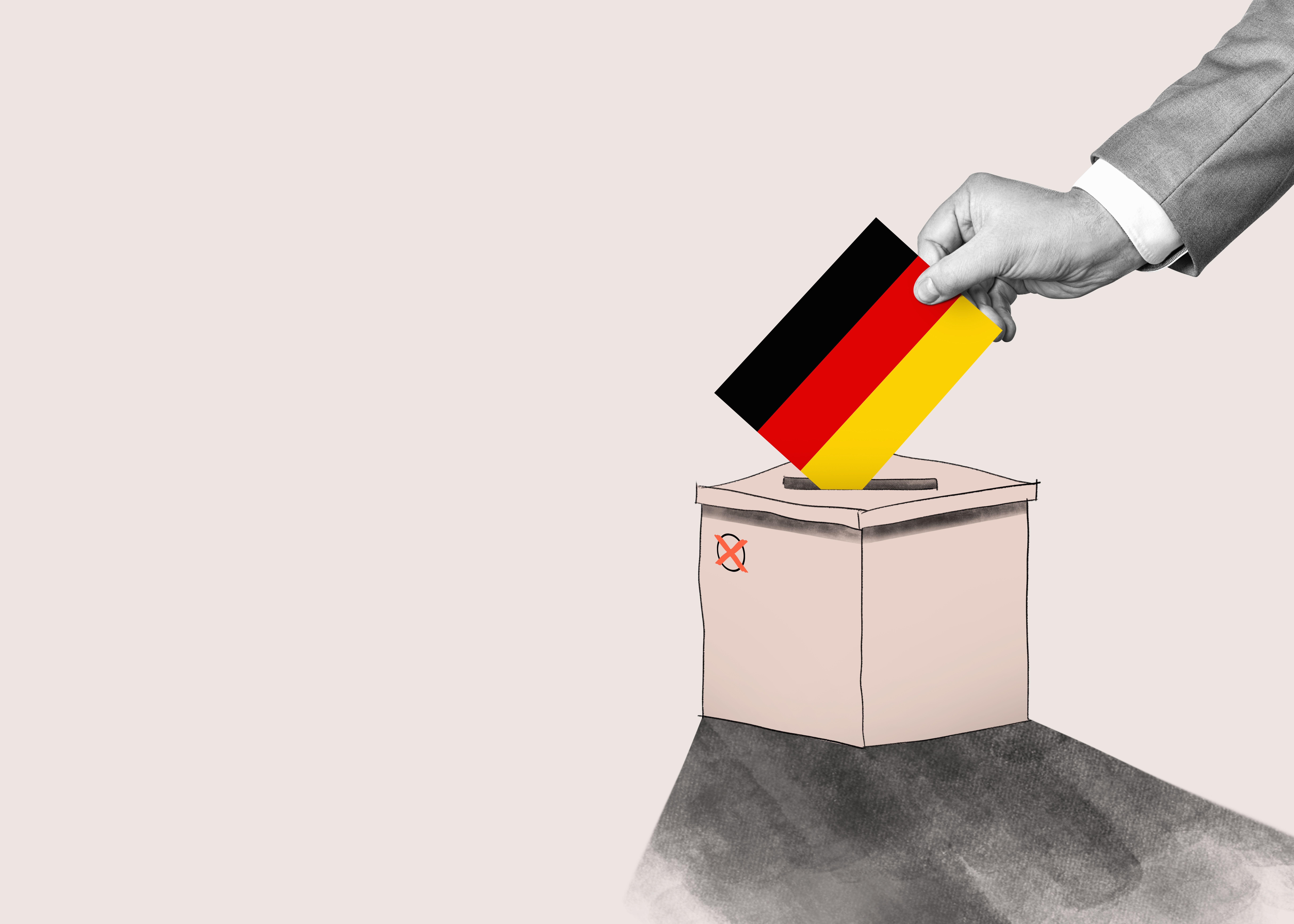Germany at the crossroads: The rise of AfD and a nation's soul-searching
Far-right AfD poised for historic second place finish in today's federal election as Elon Musk's controversial endorsement adds fuel to a deeply polarized campaign.

Today's federal election marks a pivotal moment in Germany's postwar democracy, as the far-right Alternative für Deutschland (AfD) appears poised to secure its strongest showing yet, potentially reshaping the nation's political landscape. With polls suggesting the party could capture around 20-21% of the vote, Germany finds itself grappling with fundamental questions about its identity, democracy, and future direction.
The snap election, triggered by the collapse of Chancellor Olaf Scholz's coalition in late 2024, has become a referendum not just on governance but on Germany's core values. As voters stream into polling stations across the country, the AfD's surge—backed controversially by tech billionaire Elon Musk—reflects deeper fissures in Europe's largest economy.
"We're witnessing a seismic shift in German politics," says Dr. Maria Schmidt, political scientist at the University of Berlin. "The AfD's rise from a fringe anti-euro party to potentially the second-strongest force in parliament represents a fundamental challenge to Germany's postwar consensus."
The numbers tell part of the story. Early projections place the center-right Christian Democratic Union (CDU) in the lead with 28-30%, while Scholz's Social Democrats have slumped to third place at around 16%—a dramatic fall from their 2021 victory. But it's the AfD's projected doubling of its parliamentary presence that has sent shockwaves through the establishment.
The party's ascent has been particularly pronounced in eastern Germany, where economic frustrations and cultural anxieties have fueled support. Last year's victory in Thuringia—the first far-right state-level win since the Nazi era—served as a harbinger of today's potential breakthrough.
Behind the statistics lies a complex web of factors driving the AfD's momentum. Germany's current recession, projecting a 0.5% contraction in 2025, has amplified voter discontent. Immigration remains a flashpoint, with recent violent incidents intensifying debates over integration and security. The party's platform, combining anti-immigration rhetoric, EU skepticism, and opposition to climate policies, has resonated with voters feeling left behind by rapid social change.
Elon Musk's enthusiastic endorsement has added another layer of controversy. His January livestream with AfD leader Alice Weidel on X (formerly Twitter) drew millions of viewers and sparked fierce debate about foreign influence in German democracy. "The best hope for Germany's future," Musk declared, dismissing concerns about the party's extremist ties by pointing to Weidel's personal life—she's in a same-sex relationship with a Sri Lankan partner.
Yet the AfD remains politically isolated. All mainstream parties have ruled out coalitions with a group partially monitored by Germany's domestic intelligence service for threatening democratic institutions. This isolation means that even a strong second-place finish likely won't translate into governing power.
Friedrich Merz, the CDU's chancellor candidate, faces the delicate task of potentially forming a government while maintaining the cordon sanitaire around the AfD. Coalition negotiations could stretch for months as he navigates partnerships with either the Greens or SPD to secure a parliamentary majority.
The international community watches closely. A strengthened AfD could affect Germany's stance on Ukraine, EU integration, and climate policy. "This election isn't just about German domestic politics," notes former EU diplomat Hans Weber. "It's about the direction of Europe itself."
Today's vote signals a transformation in German politics. The question now isn't whether the AfD will influence Germany's future, but how profoundly its rise will reshape Europe's democratic anchor.
For many Germans, the stakes couldn't be higher. "We're not just choosing a government," says Berlin voter Maria Schmidt. "We're choosing what kind of country we want to be." That choice—and its implications for Germany's democratic future—hangs in the balance.